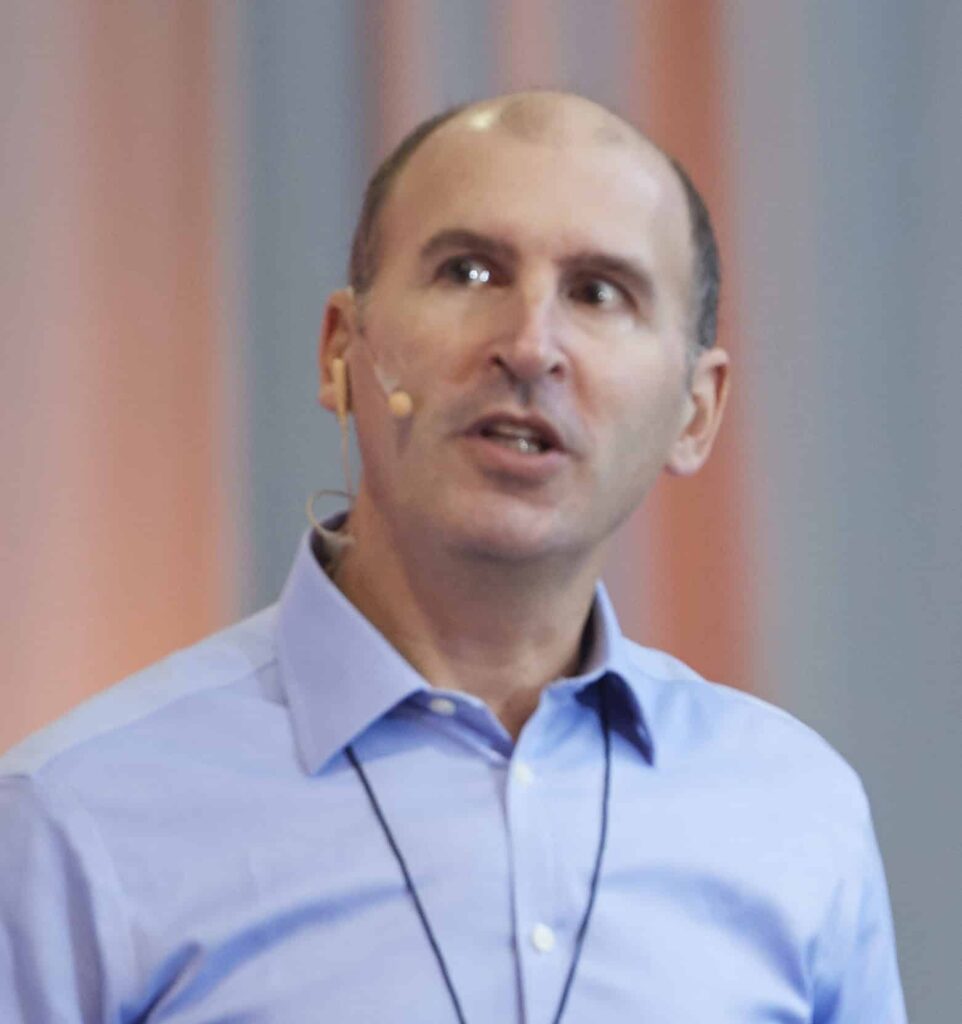Pablo Brizzio is the Chief Financial Officer (CFO) of Ternium, a steel company known for its integrated steel manufacturing processes and value-added products. Headquartered in Luxembourg and listed on the New York Stock Exchange (NYSE), Ternium operates throughout Latin America and is majority owned by the Rocca family. Brizzio has served as CFO since 2010. The following questions and answers have been edited for clarity and brevity.
Global Finance: You have been CFO at Ternium for over 14 years. What was your most significant challenge?
Pablo Brizzio: One of the difficult periods was 2009, when Venezuela, under the leadership of Hugo Chavez, nationalized the Ternium Sidor division. Negotiations for the compensation deal were difficult, but we ultimately received about $2 billion. Considering the circumstances, it was a success and the process was quite challenging. Not every company is able to obtain compensation in such situations.
GF: Did the fact that you are Argentinian help in this process?
Brizzio: In Latin America, we can navigate different governments and different ways of doing things, and this helps you be well prepared for the uncertainty and changes that may occur in the market. Unfortunately, we have become accustomed to such fluctuations in the way government interacts with companies.
GF: Have there been any problems recently?
Brizzio: Of course, our growth through acquisitions, especially recently in Brazil where we increased our stake in the country’s largest steel company, Usiminas, has created challenges. Since its inception, Ternium has expanded from Argentina to Mexico, Brazil, Colombia and the United States. Integrating operations in different locations while complying with different regulations and listing rules on the New York Stock Exchange required a lot of effort. Consolidation is a general trend in the steel industry, and together with Usiminas we are working to integrate it into Ternium, since we have the majority voting rights.
GF: How important is the role of the CFO in consolidation processes?
Brizzio: The CFO plays a vital role as these processes involve extensive interaction between different sectors of the company. We have both internal and external responsibilities, from core business to relationships with stakeholders such as investors, regulators and customers. Compliance requirements are significant and increasingly integrated into company strategy, making the CFO’s voice significant. Operating from Luxembourg and being listed on the New York Stock Exchange means being held to different standards, and emerging issues such as ESG further highlight our role.
GF: When it comes to ESG, do you lean towards the European or American approach?
Brizzio: There are different approaches in both regions, but ultimately our focus, especially in the steel sector, is on the decarbonization process through our production methods. We have set decarbonization targets and are actively working to achieve them. However, complete decarbonization in our sector remains a challenge due to technological limitations. It is critical to find common ground among stakeholders and develop measurable indicators of progress.
GF: What thing do you spend most of your time and energy on these days?
Brizzio: Unification of Usiminas. We have 25% of the total shares, but we have 50% of the voting shares, so we can appoint people to the board of directors. This process has many requirements that must be met.
GF: What advice would you give to someone who wants to become a CFO?
Brizzio: The role of the CFO covers various aspects, from finance and accounting to investor relations and stakeholder management. Exposure to different parts of the company and external stakeholders is essential for career development. Although this role has expanded beyond traditional finance functions, having a well-rounded skill set and the ability to adapt are key attributes for success in this dynamic role.


